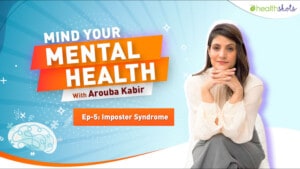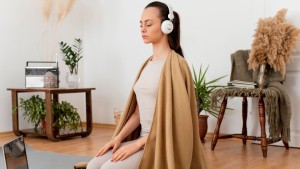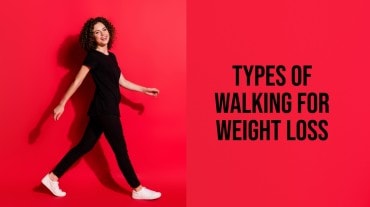Can’t sit idle even for 30 minutes? This is what it says about your mental health

- 106
Apart from sleeping, when was the last time you sat doing nothing for more than 30-minutes? Even if you go down memory lane, we bet that you will not be able to recall any such incidence. That’s because most of the time, including when we are not working, we are either glued to our cell phones.
If this line of questioning is making you wonder what’s the big deal about spending 30 minutes doing nothing, let us tell you: whether or not you can sit idle says a lot about your mental health.
It shows that your mind is never at peace, says Dr Rahul Khemani
If after sitting idle for a few minutes you feel bored and look for something to do, then sister you might be a victim of restlessness.
According to Dr Rahul Khemani, a renowned psychiatrist at Wockhardt Hospital, Mumbai, it is very common to feel restlessness—especially if someone is not practising meditative exercises and is dealing with a stressful situation in life. These situations can be either personal or professional or both.
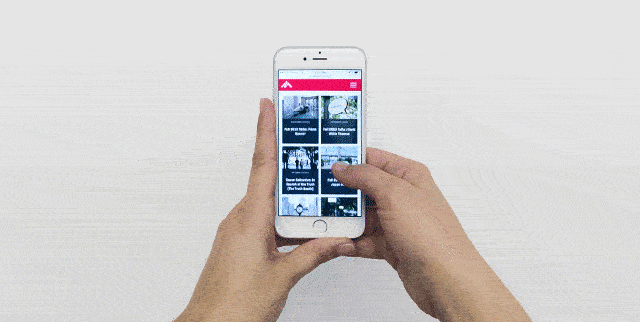
“My patients also report difficulty in falling asleep as the thoughts running inside their heads makes them restless. They also tell me that it makes it difficult for them to focus because there are multiple things that are running in their head at once. That’s why there is a dire need to understand restlessness. I’ll say it is a feeling the need to constantly move and being unable to calm your mind,” explains Dr Khemani.
Burnout and stress: the two most common reasons behind restlessnesses
Most of the time it’s a combination of the two. People who experience motor restlessness often have difficulty sitting still at work or relaxing at home. Alternatively, people also experience mental restlessness and have difficulty managing tasks, time or falling asleep at night.
Signs of not being able to sit still could include hyperactivity, agitation, tapping feet or hands, impulsivity, distractibility, insomnia, and so on.

Common reasons could be stress, feeling ill, burnout, and grief. Mental health conditions that one should be looking at in case it interferes with daily life are anxiety, ADHD or attention deficit hyperactivity disorder, autism, bipolar disorders, and even depression.
Anxiety is also one of the primary causes as it leads to the feeling of being ‘unsettled’. Other than these, certain supplements, like caffeine, can also add on to the problem.
Here’s how you can deal with it
Exercise: Choose your type of workout then may it be yoga, playing a sport, or some low-impact exercise routine. In any case, you must exercise for at least 30-minutes every day. This will improve your cognitive behaviour while reducing stress and anxiety.
Reduce caffeine and similar supplements: Consider cutting on the cups of tea, coffee, and soda because they are the one that gives you a sudden high.
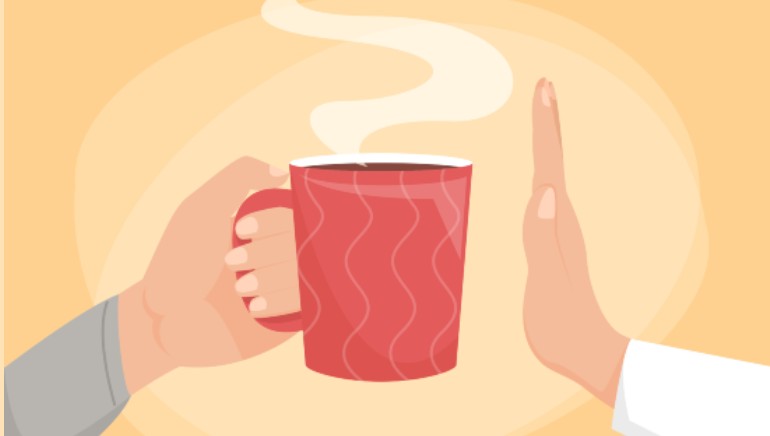
Do active tasks: Indulge in activities like painting, writing, cleaning, and dancing instead of passive tasks like watching TV.
Do journaling: This will help you chalk out your day and it will also declutter your head. You can do this right at the beginning of the day.
“Consult a mental health professional as it could be a sign of clinical disorders and diagnosing it at the right time will prevent it from worsening,” warned Dr Khemani.
So ignoring your mental health isn’t going to be a solution here because in the long run, it can have some serious repercussions. It’s time you take charge and live in peace.
Get latest updates on health and wellness along with Mind, Emotional Health, Happiness Hacks, Mental Health
